American Peace Award
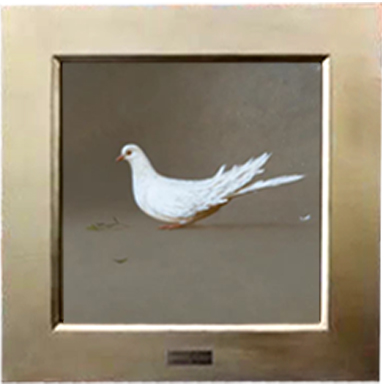
American Peace Award
The American Peace Award is awarded to an American citizen or citizens who best represent the spirit of world peace through their thoughts and actions. The Award will seek to pay homage to those people who have fought tirelessly to bring awareness to Peace and Justice.As recorded in the Annals of the American Academy of Political and Social Science, The American Peace Award was first proposed in 1923 by Philadelphia philanthropist and Dutch born editor Edward W Bok.The American Peace Award is awarded by a group of artists, who will present each recipient with an original work of art to honor their efforts.
| Sl | Name | Country | Flag | Year | Awarded For |
|---|---|---|---|---|---|
| 5 | Roy Bourgeois | United States | 2011 | promoting and preservation of world peace | |
| 4 | Greg Mortenson | United States | 2010 | promoting and preservation of world peace | |
| 3 | Jimmy Carter | United States | 2009 | promoting and preservation of world peace | |
| 2 | Rosalynn Carter | United States | 2009 | promoting and preservation of world peace | |
| 1 | Cindy Sheehan | United States | 2008 | promoting and preservation of world peace |

American Peace Award (2025 ~ 2008)
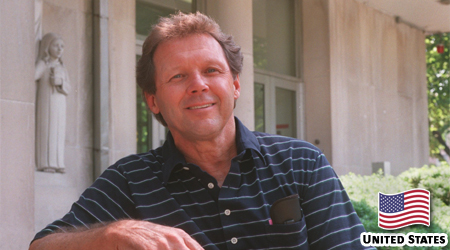
Roy Bourgeois
American Peace Award 2011
Fr. Roy Bourgeois was born in Lutcher, Louisiana in 1938. He graduated from the University of Southwestern Louisiana with a Bachelor of Science degree in geology.After college Fr. Roy served as a Naval Officer for four years--two years at sea, one year at a NATO station in Europe, and one year of shore duty in Vietnam. He received the Purple Heart.
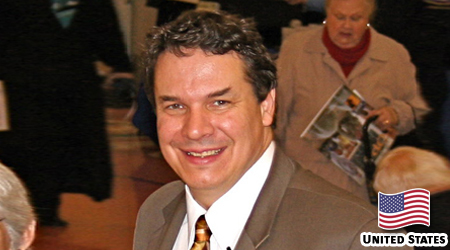
Greg Mortenson
American Peace Award 2010
Greg Mortenson is the co-founder of nonprofit Central Asia Institute, founder of Pennies For Peace, and co-author of New York Times bestseller Three Cups of Tea which has sold 3.6 million copies, been published in 41 countries, and a New York Times bestseller for over three years since its 2007 release, and Time Magazine Asia Book of The Year.
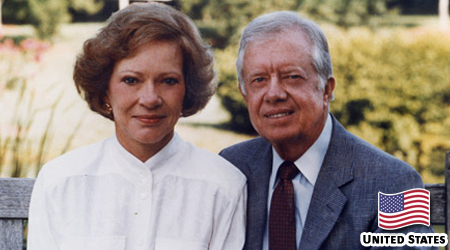
Rosalynn & Jimmy Carter
American Peace Award 2009
The 2009 American Peace Award is awarded to Jimmy and Rosalynn Carter. During and since Carter's presidency, both Jimmy and Rosalynn have engaged in tireless efforts to promote peace domestically and internationally, and the American Peace Award committee would like to recognize the work the two have accomplished together with this year's prize.“There's very seldom a decision that I make that I don't
discuss with her, either to tell her after the fact what I've done,
or very frequently, to tell her my options and seek her advice.”- Jimmy Carter
View More
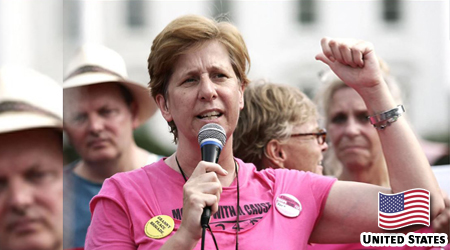
Cindy Sheehan
American Peace Award 2008
The 2008 American Peace Award is awarded to Cindy Sheehan for her tireless activism to end the war in Iraq. The American Peace Award committee believes that in this contemporary political climate in America, it requires more skill to 'wage peace' than it does to wage war. Cindy Sheehan, the mother of a fallen soldier, made the courageous decision to stand against a war that she felt was unjust. Her individual protest led the way to public protest, resulting eventually in an increasing majority of Americans who view the Iraq invasion as a mistake.“It's not patriotism when you say 'my country, right or wrong'.”- Cindy Sheehan

